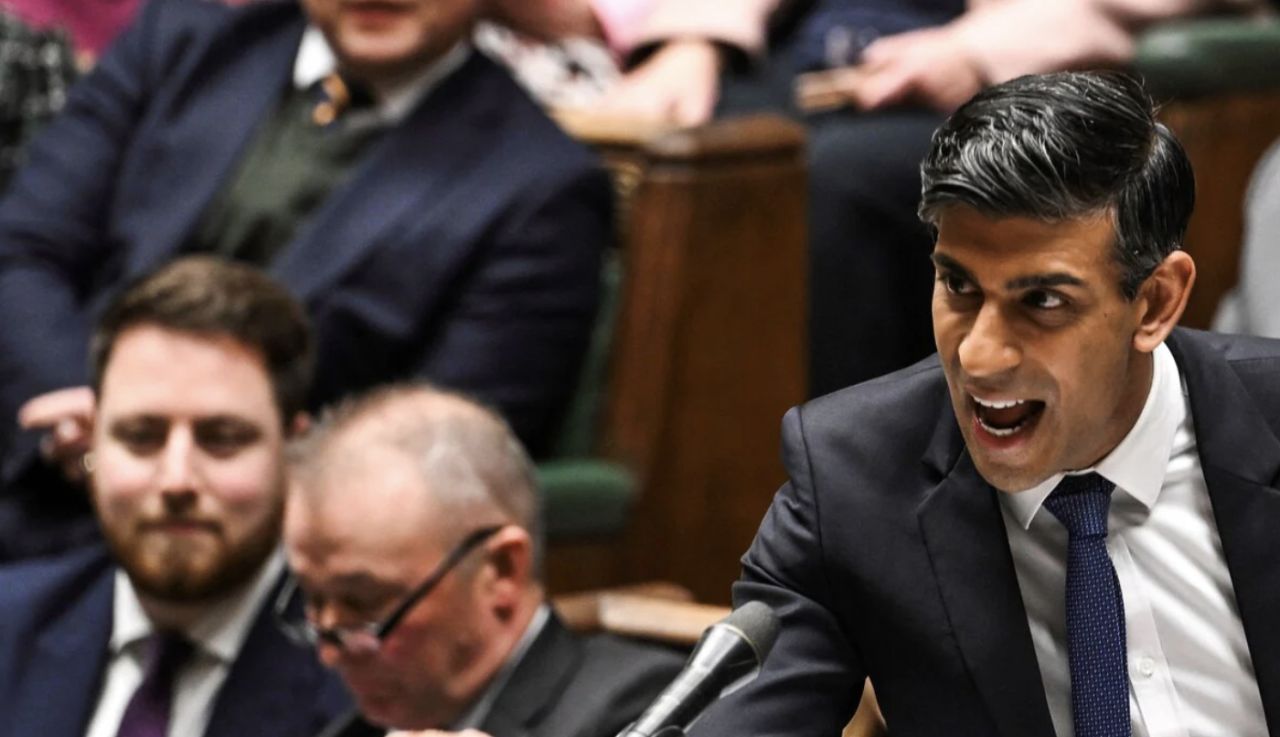Rishi Sunak's Rwanda bill is set to become law following a late-night parliamentary showdown. Despite strong criticism, including concerns about the legality and ethics of sending asylum seekers to Africa, the bill passed after the Lords dropped their opposition.
Mr. Sunak expressed determination in a statement, saying, "nothing will stand in our way" of getting flights off the ground. However, legal challenges could still delay the scheme.
The prime minister, who initially aimed for spring flights, now expects them to start within 10 to 12 weeks. He hailed the bill's passage as a "fundamental change in the global equation on migration," emphasizing its role in deterring dangerous crossings and dismantling criminal networks.
Critics, including shadow home secretary Yvette Cooper and human rights groups, have slammed the plan. Cooper labeled it an "extortionately expensive gimmick," while rights groups called it a breach of international law.
Despite setbacks, including a Supreme Court ruling against the scheme, the prime minister remains committed. He announced that flights are booked and staff are prepared to escort migrants to Rwanda.
The bill's passage marks a political victory for the prime minister, but its success in deterring illegal crossings remains to be seen. With a general election looming, the pressure is on to prove the plan's effectiveness.
Under the law, around 52,000 asylum seekers, mainly those who crossed the English Channel by dinghy, could be sent to Rwanda. The UK has already paid £240m to Rwanda, with the total cost expected to exceed £370m over five years.
The legislation includes a controversial provision allowing the government to ignore European Court of Human Rights injunctions. While the government argues this is within its rights, legal experts disagree.
Opposition parties, including Labour, have proposed alternative approaches, such as boosting border security and targeting criminal gangs.
Despite last-minute debates and amendments in the Lords, the bill is expected to receive Royal Assent soon, officially becoming law. However, opposition remains strong, with critics warning of the plan's implications for human rights and the rule of law.

Login